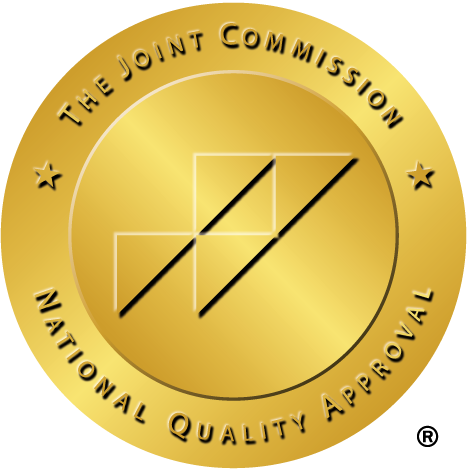
When most people are looking for substance abuse treatment or addiction therapy for themselves or their loved ones, they wonder whether they can be rehabilitated.
Often, people turn to rehabilitation programs later in the process, when it’s clear that they can’t make the change, they need themselves. They might worry that it’s too late, or that they are beyond help. That’s not true though. Here’s what you need to know about how we rehabilitate people, and how the process works for our patients.
1. The Decision to Rehabilitate
The first step in the substance abuse treatment and addiction therapy process is the most important one. The decision to seek rehabilitation is one that is made by our patients and their loved ones. It’s the very first step, which starts everything else in the process.
It takes honesty and bravery to admit there is a problem and that you need help to begin your recovery. So just getting to this step is a huge achievement.
2. Assess the Situation
When we rehabilitate patients, and after they have taken the first step to contact us, the next thing we do is assess their situation, which usually includes some or all of the following:
• Whether you have insurance that will cover your treatment, and how much is covered
• What kind of substances you use, and how long you have been using them
• Whether you have any existing underlying medical or mental health conditions that our team need to take into account
• Whether you can take the time off work and other obligations now, or, if possible, if you need more time to make arrangements
All these questions and more help us to understand exactly where we are starting the rehabilitation process, and to develop a comprehensive treatment plan.
3. Make Arrangements
Sometimes, our patients come to us in the middle of a crisis, and it’s an emergency situation where help is needed immediately. However, often, our patients need to make arrangements for important things in our lives.
People seeking substance abuse treatment and rehabilitation come to us from all walks of life. They have jobs and work obligations, they have children, some are studying and there are many other personal stories.
In order to begin rehabilitation with a clean slate and fewer worries and stresses, if possible, our patients should make arrangements for those obligations first.
4. Start with an Open Mind
The next step in successful rehabilitation is to enter the program with an open mind. No one who starts recovery wants to be in this situation, and no one plans to need rehab. But if you’re open to the process, you will see better results.
5. Ongoing Commitment
Finally, once you have completed a rehabilitation program, remember that is not the end of the journey. Our patients understand that they need to commit to making lifelong changes. Sometimes, people slip back into old habits – but it’s never too late to make a change. When you have the tools and support you need, recovery is possible for everyone, but it does take that first step.









